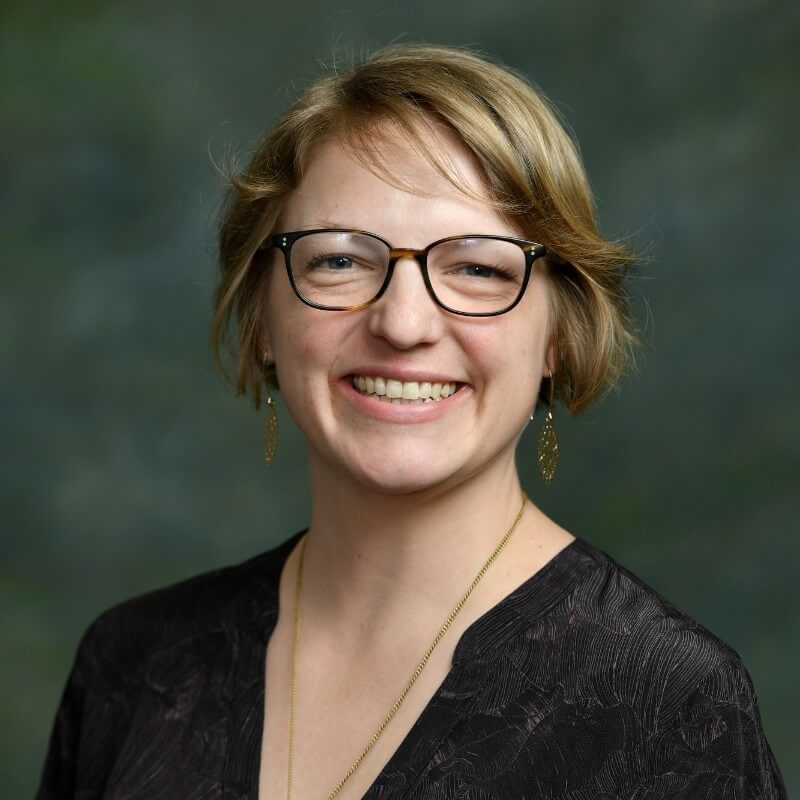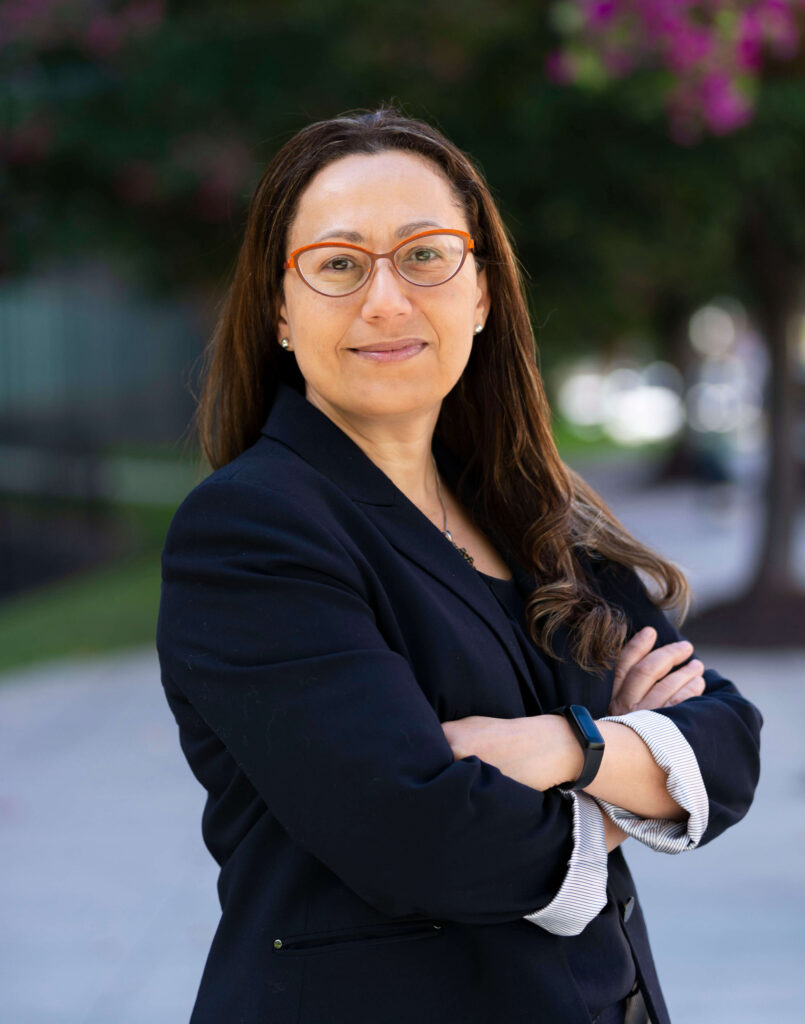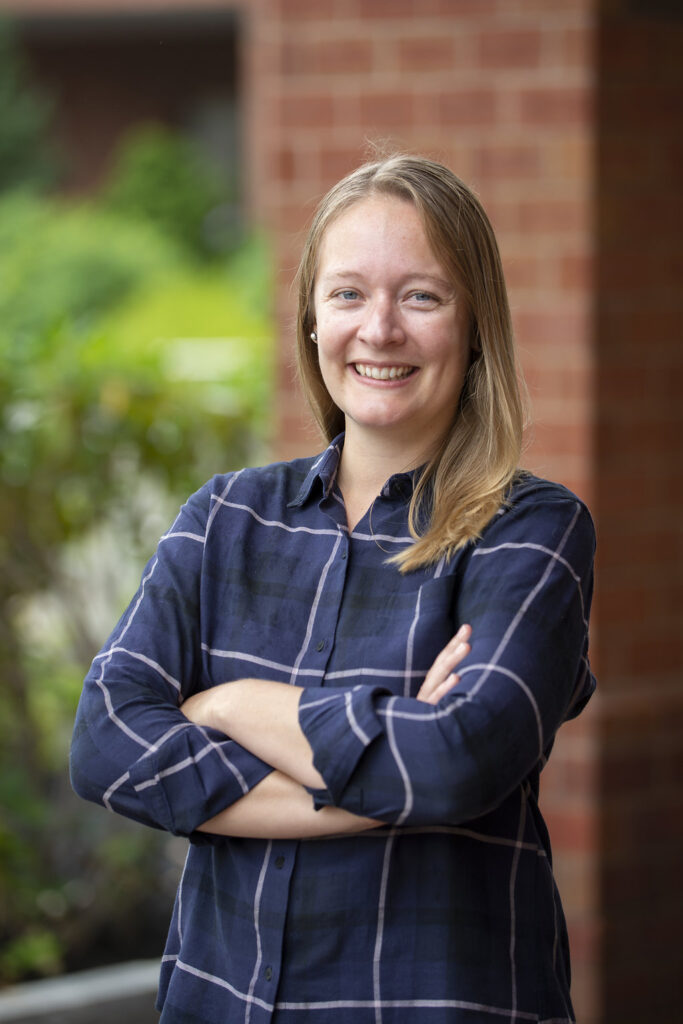
Topics
- Financial Capability
- Microfinance Institutions
- Personal Financial Management
- Underserved Groups
- Women
Series
Financial services play an important contributing role to women’s economic empowerment. Women who have access to bank accounts, savings mechanisms, and other financial services may be better able to control their earnings and undertake personal and productive expenditures. They may also be able to make choices about their time and their autonomy over decision-making, ranging from employment to marriage to the use of contraception. Financial services may also contribute to non-economic benefits such as increased self-efficacy and self-worth, confidence, and increased solidarity within a woman’s network. But many of these potential benefits are only achievable if women are able to maintain control over resources.
What are the mechanisms to ensure that women retain control over resources? Financial services design and delivery plays a part. But even more important is the need to understand and address the social and gender norms that influence women’s participation in the economy and the financial system.
Social and gender norms are key determinants of behaviors and roles. Social norms are the implicit and informal rules, attitudes, behaviors, and values that the majority accept and follow. Gender norms are a subset of social norms that pertain to how people of a particular gender are expected to behave. Gender norms can be seen in the division of labor and allocation of resources within and without a household, as well as in the expectations placed on men and women, which foster the development of different abilities, attitudes, and desires. For everyone, norms are “like invisible ‘guard rails’ that shape and narrow people’s thinking, behaviors, and opportunities. [N]orms often show up as a kind of negative power, as absence rather than presence: doors that just didn’t open, choices that couldn’t be made, opportunities that just seemed out of reach.” Norms matter because they determine behaviors and control over household resources, which shape demand for financial services.
This paper reviews the emerging evidence on social and gender norms and financial inclusion. Norms are increasingly recognized as a key constraint to women’s financial inclusion — one that may help explain the persistent gender gaps in bank account and, in some regions, mobile money ownership, as well as the fact that progress toward gender equality is slowing globally. It is time to move away from gender-blind or gender-aware approaches to financial services toward a gender-transformative approach that explicitly creates gender-equal financial systems by embedding pathways for engagement on equal terms.
Without gender norm transformation, it is unlikely that women’s financial inclusion will lead to meaningful economic empowerment. However, social and gender norms are complex, hyper-local, and difficult to measure. As such, there is no one “right” way to assess or change norms, though more evidence is needed to identify whether global lessons and approaches can lead to sustainable, systemic change.
There is no one “right” way to assess or change norms.
This paper brings together the evidence of what is known on norms and financial inclusion and uses cases to demonstrate aspects of and approaches to addressing discriminatory norms throughout the financial system. It also highlights many remaining areas for further inquiry on norms and financial services that would enable improved women’s economic empowerment.












